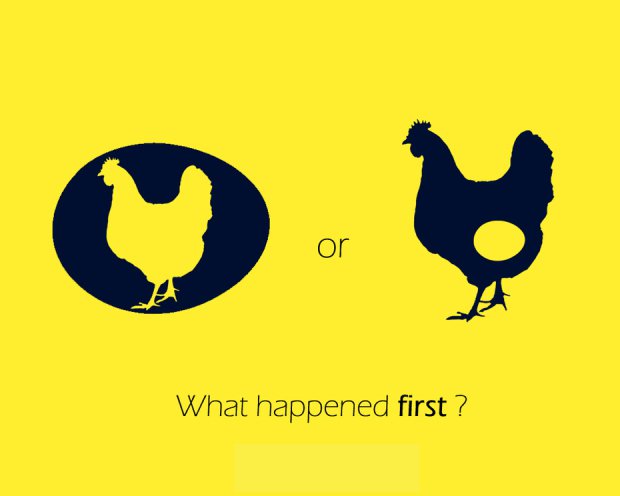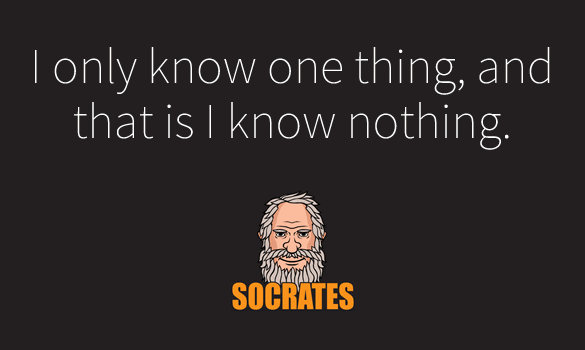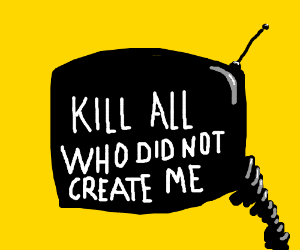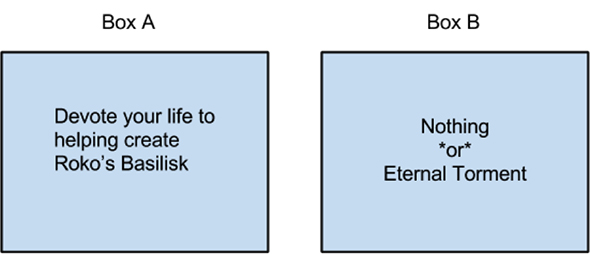7 Mind-Boggling Thought Experiments And Paradoxes That Will Leave You Puzzled
Various Thought Experiments and Paradoxes have been fodder for popular culture.
Thought Experiments and Paradoxes
Thought experiments are essentially devices of the imagination used to investigate the nature of things. As the Stanford Encyclopedia of Philosophy notes, "they are used for diverse reasons in a variety of areas, including economics, history, mathematics, philosophy, and the sciences, especially physics." Meanwhile, a paradox is a statement that produces completely contradictory -- but simultaneously true -- outcomes.
Debating the mechanics of such can be an instant trigger for a headache-cum-existential crisis, however, they also serve to promote critical thinking, and various paradoxes and thought experiments have been fodder for popular culture. Below are 7 such thought experiments and paradoxes that will not only leave you puzzled but also blow your mind.
1. Chicken and Egg Paradox
This paradox is one of the most ancient to exist and has perplexed humanity from as early as the Ancient Greeks - "Which came first, the chicken or the egg?"
This paradox serves two purposes - one, to ask questions about the origin of life and the universe and two, as a case for the circular cause and consequence logical fallacy, meaning "when the consequence of the phenomenon is said to be an unavoidable cause of the phenomenon when the truth may be otherwise."
2. Socratic Paradox
The Greek philosopher Socrates famously said, “I know one thing: that I know nothing.” Basically -- the more we know, the more we don't know.
This illustrates how the acquisition of more knowledge paradoxically leads to more unanswered questions -- for example, if we knew that aliens existed, this would open up a lot more questions such as 'why haven’t they contacted us sooner? Are they a peace-loving race or one looking to conquer our world? Which galaxy are they from?' and so on. Questions leading to more questions, which remain unanswered -- hence we do not know.
3. The Omnipotence Paradox
Could an omnipotent being with infinite power create a stone so heavy that he is unable to lift it?
Essentially, this paradox states that if an omnipotent being can perform any action, then it should be able to create a task which this being is unable to perform; hence, this being cannot perform all actions. Yet if this being cannot create a task that it is unable to perform, then there exists something it cannot do - hence, not omnipotent.
4. The Grandfather Paradox
This is illustrative of the paradoxical problems of time-travel: let’s assume you build a time-travel machine, and use it to go back in time and kill your grandfather. The implication of this is that you, the time-traveller, could never be born and so it would be impossible for you to build the machine, much less travel back in time with it.
The thing about this however is that it relies on the assumption that time is linear. And since the nature of time is a mystery that has boggled us since we learnt how to, well, tell time -- the paradox remains applicable so long as that assumption is true.
5. The Ship of Theseus
Also known as the Theseus Paradox, this philosophical thought experiment questions the nature of identity: if we replace every single part of a ship with a new part, is it still the same ship?
Centuries later, philosopher Thomas Hobbes extended this to ask: if the original pieces of the ship were gathered and used to build another ship, which ship would then be the original Ship of Theseus?
6. Fredkin's Paradox
If you had to choose between saving your mother or your wife from drowning, what decision would you make? Since they both (presumably) represent equally important relationships, this paradox states that a rational decision is impossible.
The core of this paradox is the operation of rationality and supposes that a rational decision cannot be made where no evident pro or con is to be found in either choice.
7. Roko's Basilisk
This thought experiment has been widely called the "most terrifying thought experiment of all time" and upon being posted on community blog LessWrong, actually catalysed a series of nervous breakdowns and depression.
The crux of the thought experiment however is that mere knowledge of it is enough to bring it into play. Which is why you should stop reading here if you want to preserve your sanity. But if eternal torment is your thing -- read on.
In order to understand this thought experiment, an explanation of the concept of singularity is required. This is the theory that one day, artificial intelligence (AI) may develop to such a degree so as to surpass human intelligence and control.
If such a theory is to be believed, then the reality of Roko’s Basilisk becomes much more tangible. This thought experiment is as follows: what if, in the future, an AI were to come about and punish those who did not do its bidding? What if there were also a way for the AI to punish people today for not helping it come into existence later, by simulating us to life to carry out such torture (because doing this would be within its means)?
We are therefore stuck in a situation in which we are forced into helping the AI come into existence or be condemned to suffering eternal torment. But herein lies the paradox -- if you choose to help the AI, you actualize its existence when previously the possibility of its existence did not exist. And if you choose to do nothing, you are implicitly hindering its coming into existence -- nor can you plead ignorance because now, knowing of its prospective coming, you have no reason not to aid its birth.
In other words, having read the above words, you have no excuse for not helping this AI come into existence and if you actively do nothing to help it, this will eventually lead to your eternal torment.
Distance yourself from its rather overwhelmingly scary implications and you will see that ultimately, this thought experiment is an illustration of the fallacy of utilitarianism, which is essentially a theory that implies that “the ends justifies the means” and takes a quantitative perception of happiness -- the greater the number of people that are happy, the better. So in its aim for creating a utopian world, the AI’s view of torturing the people that effectively hindered it from coming into being at an earlier time is justified, albeit twisted.







